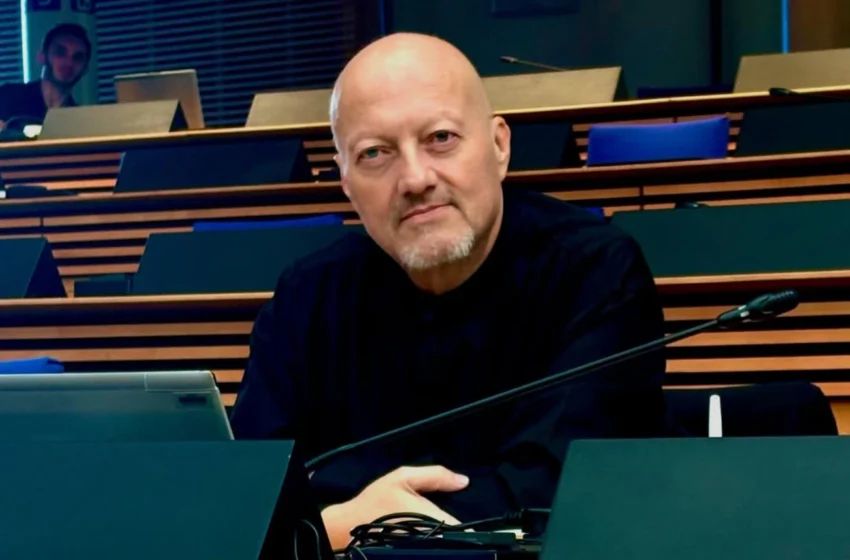Who was Neil de Beer? The life, legacy and Mandela connection of the late UIM president

Neil de Beer: Mandela’s former security advisor and UIM leader
South Africa is mourning the passing of Neil de Beer, President of the United Independent Movement (UIM) and one of the country’s most outspoken political commentators. De Beer died in the early hours of Saturday, 30 August 2025, after a prolonged battle with cancer.
His death marks the end of a career that spanned decades of dramatic shifts, controversy, and courage. From soldier to intelligence operative, from Nelson Mandela’s security advisor to fiery political leader, De Beer was never a man to shy away from confrontation or hard truths.
Early Years and Military Career
Neil de Beer began his career in 1987 with the South African Defence Force (SADF). Like many young men at the time, he was drawn into the “border war” in Angola, serving in the apartheid-era military structure.
However, in a remarkable and risky move, he defected from the apartheid security police in 1988 and joined uMkhonto we Sizwe (MK), the armed wing of the ANC. His work as an intelligence operative placed him at the heart of the struggle’s underground operations, giving him rare insight into both sides of South Africa’s political conflict.
Advisor to Nelson Mandela
After the democratic transition, De Beer went on to serve as a national security advisor to President Nelson Mandela. In this role, he was entrusted with safeguarding the security of the new head of state during one of South Africa’s most fragile political periods.
His relationship with Mandela was marked by respect and loyalty. Those close to him recall that De Beer often spoke of Mandela not only as a leader but as a symbol of integrity who inspired his own later political journey. Despite his later criticism of the ANC, De Beer remained clear that Mandela’s vision was different from what he saw as the party’s decline in later years.
Break with the ANC and Founding of the UIM
By 2020, De Beer had grown deeply disillusioned with the ANC. He argued that the organisation had abandoned Mandela’s principles, describing it as corrupted by self-interest and poor leadership. That same year, he founded the United Independent Movement (UIM), initially as a civil society initiative before it became a political party.
As UIM president, De Beer positioned himself as an advocate for ordinary South Africans. He built a reputation as a fearless political analyst and commentator, frequently appearing on platforms like the BizNews Sunday Show, where he spoke out against corruption, government incompetence, and what he described as political betrayal.
A Fearless Voice and a Relentless Critic
De Beer was known for his blunt, uncompromising style. He believed in speaking truth to power—even when it came at personal cost. His analyses were often sharp enough to unsettle both allies and opponents.
Despite serious illness, he continued to make public appearances, delivering fiery critiques and insightful commentary, even while in pain. As journalist Chris Steyn noted, he became one of the few who consistently “touched the untouchables” in South African politics.
Tributes Across the Political Spectrum
- John Steenhuisen, leader of the Democratic Alliance, described him as a “powerful voice for change” and a valuable contributor to the Multi-Party Charter.
- Gayton McKenzie, leader of the Patriotic Alliance, remembered him as a sharp political thinker who praised when praise was due but did not hesitate to criticise.
- The UIM called him “a people’s person” whose true legacy lay not in titles but in the lives he touched.
Legacy and Final Days
In his final months, De Beer’s health deteriorated as colon cancer spread to his liver and lungs. Yet even as he fought for his life, he continued fighting for accountability in politics.
He leaves behind three children and a reputation as one of South Africa’s most candid voices. His passing is not only the loss of a political leader but the end of a chapter in South Africa’s turbulent democratic journey.
For many, his legacy lies in his refusal to remain silent—whether as a soldier who defected, a presidential advisor, or an opposition leader who demanded better for his country.

